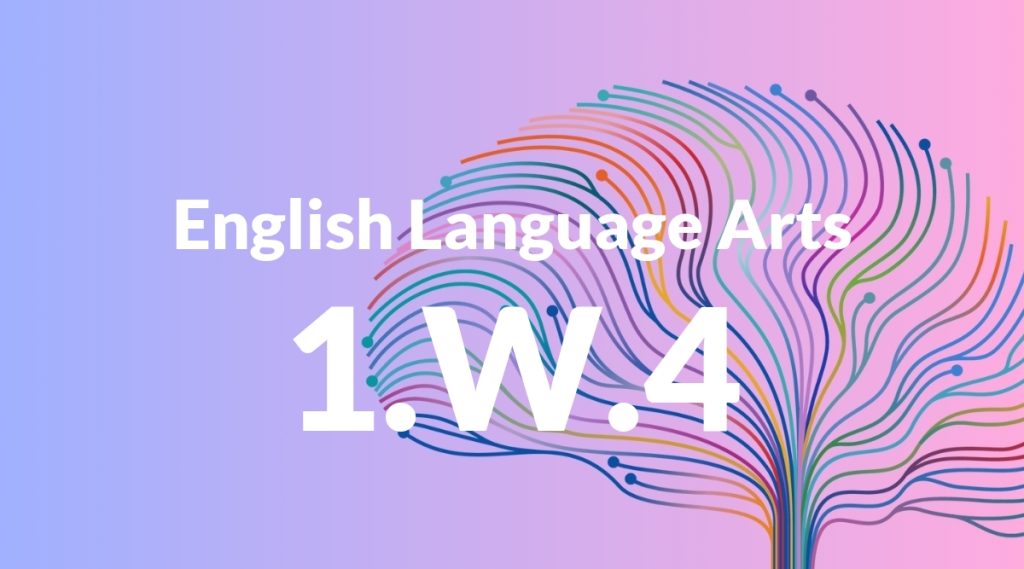Standard: 1.W.4 – (Begins in grade 3)
Grade level: Grade 1
Subject: English Language Arts
Domain: Writing
Teacher Overview
This standard introduces students to the foundational skills of writing, which are crucial for their academic growth. By focusing on generating ideas and organizing them into coherent sentences, students begin to understand the importance of clear communication. Students should have a basic understanding of sentence structure and some experience with phonics and spelling to be ready for this standard.
Students will develop the ability to write more complex sentences and short paragraphs, use descriptive language, and organize their thoughts coherently in writing.
Common Misconception 1
A common misconception is that writing is solely about correct spelling. This is incorrect because writing is primarily about expressing ideas clearly and effectively.
Intervention 1
To address this misconception, provide activities that emphasize idea generation and organization, such as brainstorming sessions and graphic organizers.
Common Misconception 2
Another misconception is that writing must be perfect on the first attempt. This is incorrect because writing is a process that involves multiple drafts and revisions.
Intervention 2
Encourage students to view writing as a process. Use peer review and self-editing checklists to help students understand the importance of revising their work.
Prerequisite Knowledge
Students should be familiar with basic sentence structure, including subject and predicate, and have some experience with phonics and spelling.
Subsequent Knowledge
After mastering this standard, students will be able to write more complex sentences and short paragraphs, use descriptive language, and organize their thoughts coherently in writing.
Instructional Activities
- Sentence building exercises using word cards
- Storytelling with picture prompts
- Writing letters to pen pals
- Creating lists for various tasks
- Group writing projects to create short stories




